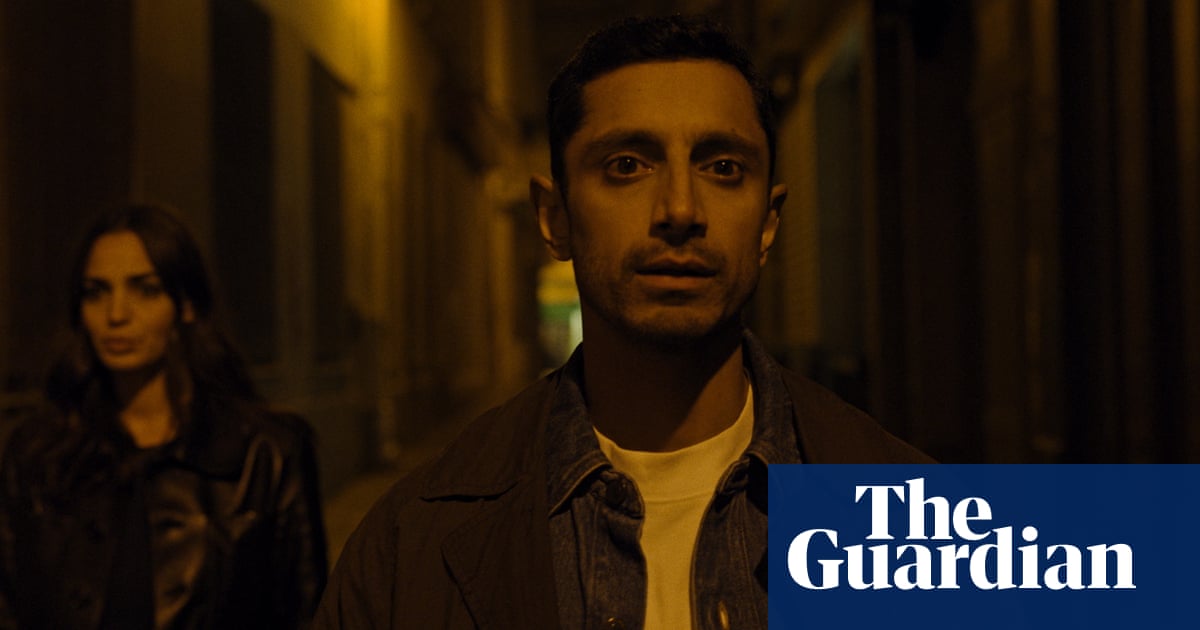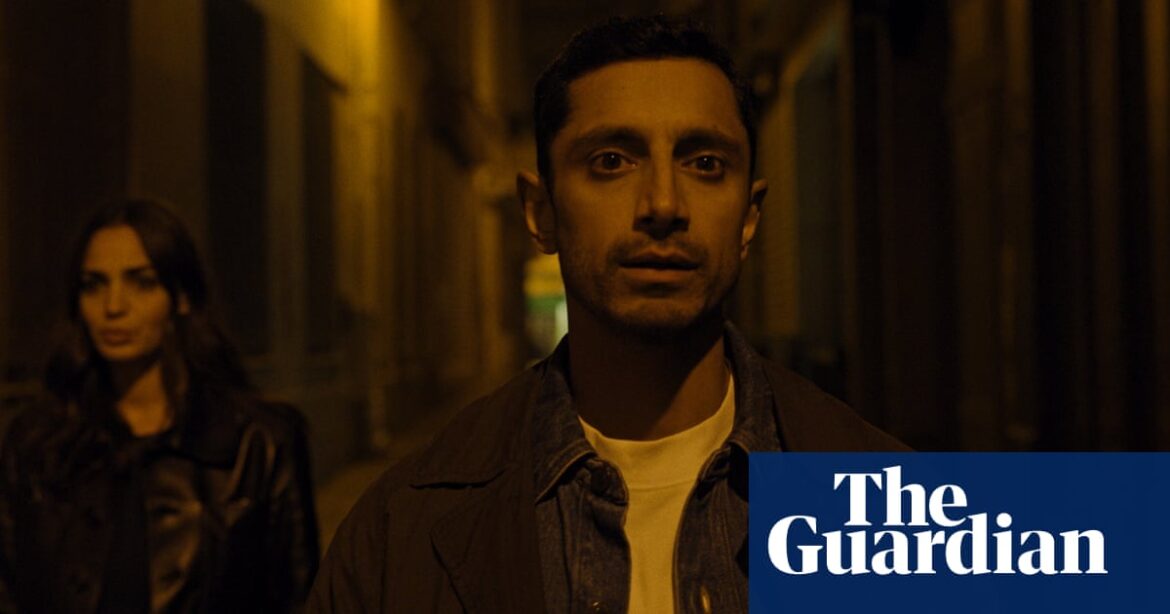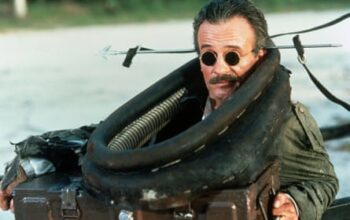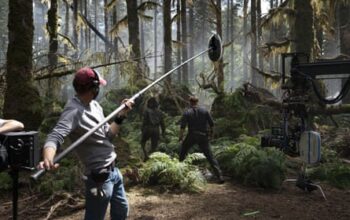
Sometimes the smallest projects are the most interesting. That may well be the case for Riz Ahmed’s newest film: a 16-minute short called Dammi, directed by Yann Demange, of Top Boy and ’71 renown, which is receiving an unusually high-profile release on the streaming platform Mubi.
Partly it is because Ahmed is now a bona fide Hollywood figure after films such as Sound of Metal, Nimona and Rogue One: A Star Wars Story – having cut his teeth in indie British cinema, with credits including Shifty, Four Lions and Trishna. But Ahmed is also something of a overachiever with short films; along with director Aneil Karia, he won an Oscar for The Long Goodbye, a hard-hitting short about a British Asian family brutalised by neo-Nazi paramilitaries, and inspired by his own album of the same name.
“Doing a short film is a purer experience,” says Ahmed. “You’re not doing it for the money, you’re not doing it for the clout, you’re just doing something because you are interested in it and you want to explore it. Ironically, it’s the things that you do just for yourself, and just because you almost really have to, that can end up resonating with people more.”
Dammi is perhaps more complex, and even more experimental than The Long Goodbye. Written and directed by Demange, it is the latter’s exploration of his own convoluted ethnic background – part French, part Algerian, London-raised – rendered in dreamlike visuals in Paris. The ideas it contains are summed up in an article that Demange contributed to the US version of The Good Immigrant essay anthology and reprinted in the Observer, in which Demange described himself as a “multicultural mongrel” and a “perpetual outsider”.
Ahmed plays a character clearly based on Demange, who travels to the French capital to try to reconnect with his Arab roots, particularly his estranged father. (Making the emotional entanglements even more knotty, Demange cast his actual father, Yousfi Henine, in the film.)
Born in London, Ahmed has made much of his British-Pakistani heritage and – like Demange – sees no issue in playing a character with a sharply different background. “You know, we live in an age of identity politics where lines are often drawn so kind-of cleanly in bold print. But I think what underpins a lot of that is people searching for a sense of identity, as identity is more unstable, more complicated than ever. The interconnectedness of different cultures and different sides of who we are, I think, is something that continues to confound us and inspire us.
“It’s identity used as a kind of political mask for the complexity that lies beneath it. It’s actually a kind of laying bare of the kind of uncertain themes and a journey of identity, the lifelong evolution of identity, and I think that’s something that’s really powerful and I think universal as well.”
Demange has had a somewhat peripatetic career in the UK and Hollywood film industries. Growing up partly in foster care, he won a scholarship to the National Film and Television school and quickly transitioned to directing TV shows, including The Secret Diary of a Call Girl, Dead Set and the critical and ratings hit Top Boy. Demange’s feature-film debut, in 2014, was the Northern Ireland-set drama ’71, featuring Jack O’Connell as a British soldier caught up in the Troubles. Despite considerable acclaim, including winning the best director prize at the British independent film awards, Demange has completed only one feature since, the crime drama White Boy Rick about a drug dealing FBI informant. Until recently Demange was signed up to direct the long-gestating remake of Marvel’s vampire film Blade, but dropped out a month ago.
Ahmed has nothing but praise for Demange, who he first worked with on the Charlie Brooker zombie comedy series Dead Set. “He’s just an incredible director,” he says. “He’s been someone who’s really been there at so many different stages in my career to offer advice, as he has with so many film-makers. He’s built up a lot of people over the years and as a kind of bit of an outsider voice in the industry, he’s helped pave the way for a lot of people. He’s one of the unsung heroes of British film.”
Source: theguardian.com



